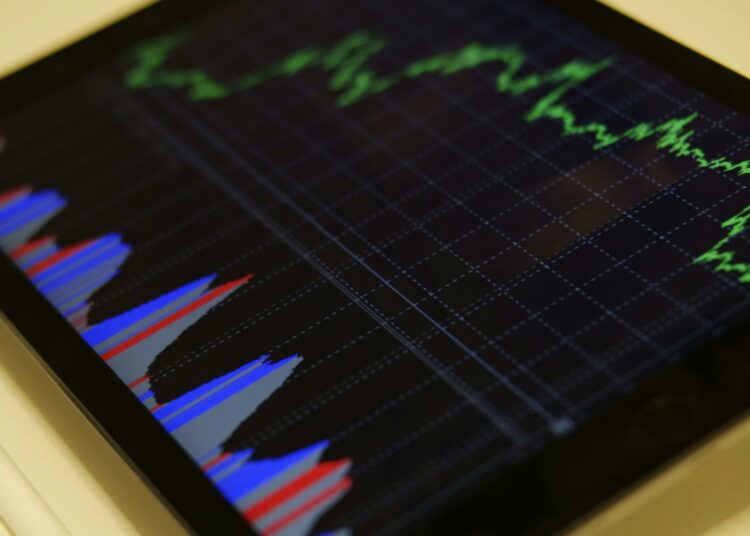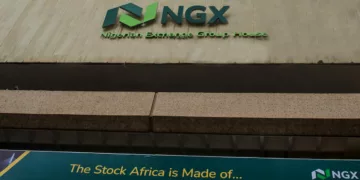Foreign exchange trading, better known as forex trading, is a global marketplace for selling and buying currencies. This field has taken the world by storm, which also includes Nigeria, where forex has become a dynamic and lucrative field.
Since the growth of the internet and the increasing improvement of data connection, the availability of online trading platforms has been extended, making forex trading accessible to anyone with a computer or a smartphone and an internet connection. This article is your first step into what forex trading in Nigeria looks like, including opportunities, challenges, and strategies for success.
How it all started: The rise of forex trading in Nigeria
Nigeria is Africa’s largest economy, and it has seen a significant increase in the number of individuals participating in forex trading. There are several reasons for the rise of forex trading, and this includes the country’s economic environment, combined with the high unemployment rates and a great motivation for financial independence among the youths in Nigeria.
The country has a volatile economy, which is especially impacted by fluctuations in the value of the naira. This is why forex trading has become an attractive option for many to want to hedge against currency devaluation. Furthermore, many Nigerians seeks to improve their financial standing, and sees the prospect of earning in foreign currency as appealing to the challenging economic climate.
Since online trading platforms has become more and more available, the surge of forex trading in Nigeria is understandable. The platforms give Nigeria’s direct access to the global forex market, which allows Nigerians to trade currencies from any location they want. Since both smartphones and the internet has become increasingly available across the African continent, forex trading has become a popular means of generating an income.
Why forex trading is appealing
There are many reasons why forex trading has become appealing for many Nigerians. Firstly, the forex market is open 24 hours a day, five days a week. This makes it an easy and flexible why for Nigerians in terms of when they can trade. Since forex trading is a secondary source of income for many in Nigeria, this flexibility makes it possible to engage in forex trading while holding down full-time jobs.
Secondly, forex trading has a low barrier to entry. In many types of trading, including stock trading, it is required a substantial capital to get started. However, in the case of forex trading, individuals can start with relatively small amounts of money. This accessibility has democratized trading, which has enabled Nigerians to participate in the global forex market.
Lastly, the potential for high returns has lured many Nigerians into the forex trading waters. The forex market is highly liquid, and daily trillions of dollars are traded. Liquidity provides opportunities for traders to profit, especially for those who have a skill in analyzing market trends and can make informed trading decisions.
Some of the challenges in the Nigerian forex market
Just like any other trading and investment activity, forex trading in Nigeria comes with a set of challenges. The most significant one is the lack of proper regulation in the forex market. There has been established some guidelines by the Central Bank of Nigeria (CBN), but the market is still largely unregulated, which makes the market susceptible to fraud and scams. Unfortunately, this lack of oversight has led to cases in which individuals have lost their money to fraudulent brokers and trading platforms.
Another big challenge is the high level of volatility in the forex market. Obviously, volatility can create opportunities for profit, but it can just as well increase the risk of significant losses. This is especially the case for inexperienced traders, because the forex market can be unforgiving. Many new traders have lost their entire investments due to poor trading decisions, or lack of knowledge. This is also why research is so important before choosing to engage in forex trading.
Lastly, a great challenge is the widespread dissemination of misleading information about forex trading. This is especially a problem in Nigeria, where many individuals have been lured into forex trading by promises of quick and easy profits. However, it requires significant knowledge, skill, and discipline to be successful.
Tips for Nigerian traders: How to navigate the forex market
Due to these challenges, it is important to do your research and take the necessary steps in preparing yourself before engaging with the forex market in Nigeria. Here are some tips for you to get started:
Education and training: Get a solid understanding of how the forex market works through tutorials, webinars, and courses.
Choose a reputable broker: Select a trustworthy broker who offers a user-friendly trading platform, competitive spreads, and reliable customer support.
Start small: If you are new to trading, start with a small trading account to minimize risk, and then gain experience before adding more money to your trading activities.
Risk management: You should never risk more money than you can afford to lose, so use tools like stop-loss orders to limit potential losses.
Stay informed: Many factors influence the forex market, such as economic data, political events, and market sentiment. Stay informed and understand how the market can be impacted.











